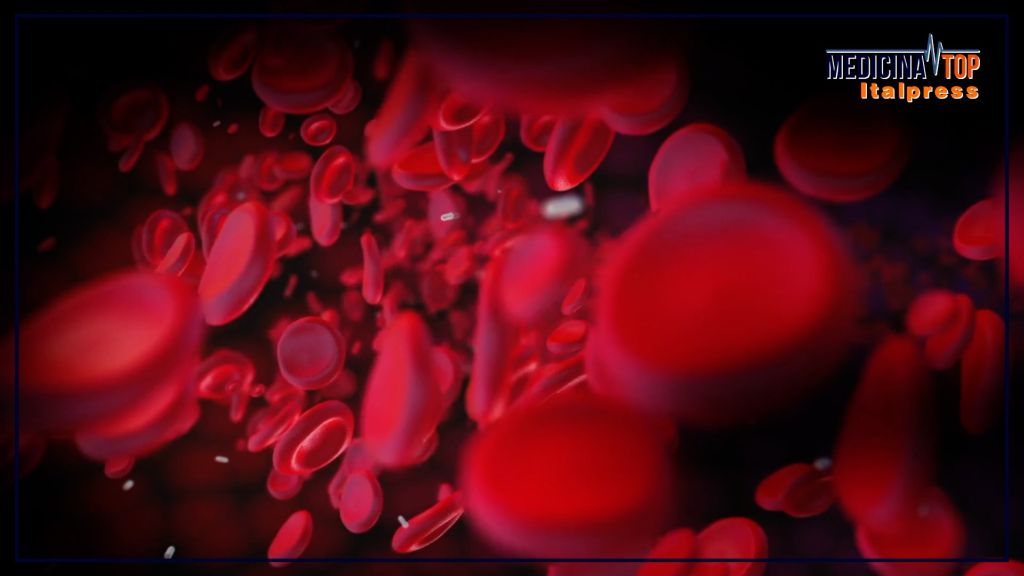MILAN (ITALPRESS) – Knowing the history of medicine is an exercise in understanding, memory and gratitude. From the ancient humoral theories of Hippocrates and Galen to the discovery of blood circulation by William Harvey to the birth of microbiology with Pasteur and Koch, each advance has built the foundation of modern medicine. These historical discoveries have improved scientific knowledge, but more importantly they have changed the way the physician views the patient and disease. Studying the history of medicine helps professionals recognize the value of their work, appreciate the advances they have achieved, and respect the human and scientific journey that has allowed them to get this far. For the public, on the other hand, it is a way to understand the importance of medical science, ethical standards and practices that guide our health today. These are some of the topics discussed by Paolo Mazzarello professor of History of Medicine at the University of Pavia, where he is president of the University Museum System, interviewed by Marco Klinger, for Medicina Top, a TV format of the Italpress news agency. “Medicine is the study of the normal and pathological human body, the prevention and treatment of diseases and traumatic injuries,” he began, “Medicine is a science, it applies the experimental method, but it is also an art form, it is still largely based on intuitions, that is, on the ability to intuit phenomena beyond step-by-step reasoning,” the professor stressed, “The art depth of medicine is still there, and then it is also a technique, an applied science, it is also a discourse on man and a form of humanism, because at the center of everything medicine places the human being. Author of the book ‘Storia avventurosa della medicinà,’ published by Neri Pozza, Mazzarello reviewed some of the main innovations that have marked the history, progress and development of medicine: “If we were to ask a doctor about the fundamental turning point, we find who will say the antibiotic, who will say vaccinations, who will say anesthesia,” he premised. “I think that the innovation that hierarchically has most determined the path of medicine has been the dissection of the corpse for medical purposes. Whatever we can say about the functions of the body, we cannot disregard its structure. On the one hand, there is physiology: I am talking about the theory of blood circulation, which was only possible because dissection of the human heart made it possible to ascertain that there were no pores that were thought to connect one ventricle with the other. But it’s also fundamental to pathology,” Mazzarello explained, “There was a fluid conception of pathology, one thought of the four humors of the body and their harmony and disharmony. By cutting up the body, however, you see that diseases have a cause within the organs, you go from a fluid conception to a localized one.” On antibiotics: “It’s another one of the fundamental discoveries, it made a leap in the average life span of populations,” he recalled, “It’s a discovery that came out randomly, Fleming who isolated penicillin has a singular history. He chooses to be a doctor because he inherits pounds from his uncle, then in London at St. Mary’s Hospital he decides to be a microbiologist because the department had organized competitive sports. Finally, he discovers the antibiotic because he forgets a petri dish, and returning from vacation then will give birth to a revolutionary discovery.” Not of secondary importance was the introduction of anesthesia: “It was a game changer, for us it is unimaginable to think of what medicine was before anesthesia,” the professor acknowledged, “Again, it’s all coincidental: we’re in New England, there were those characters who created shows with a carriage and had laughing gas sucked in because it induced merriment and made people dance. A dentist happened to observe one of these dance scenes and saw that one of the dancers hit a piece of furniture but did not blink. So, he discovered that the latter had not realized that he had hurt himself. Thus anesthesia was born.” Finally, on vaccinations, “Some have extraordinary efficacy, think of polio and what it was 60 years ago. Vaccination has changed the health configuration of mankind,” he concluded, “There are vaccinations with less effective rates, but they remain an indispensable tool.
– photo taken from Top Medicine video -(ITALPRESS).

